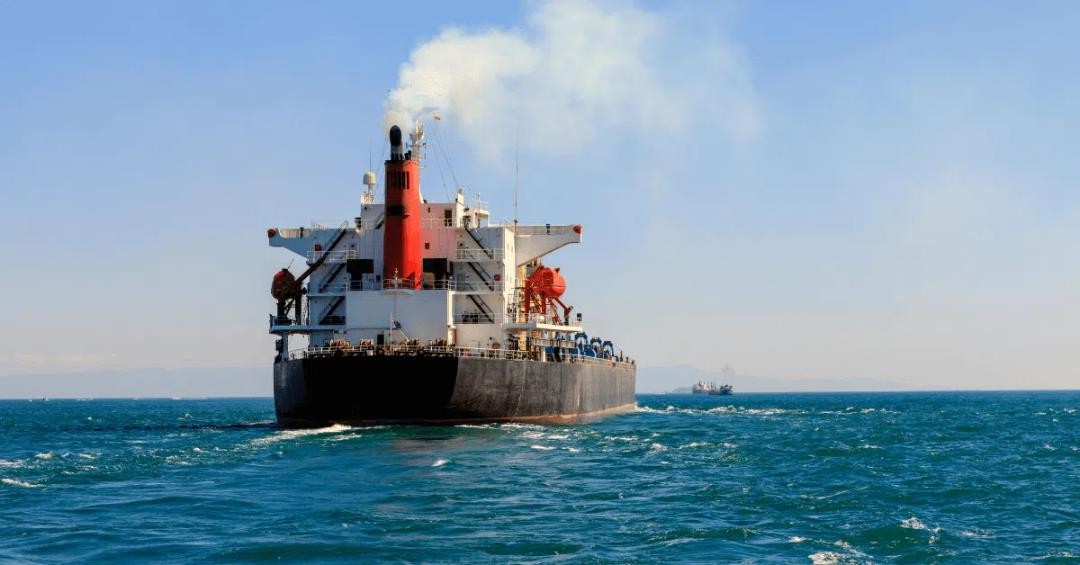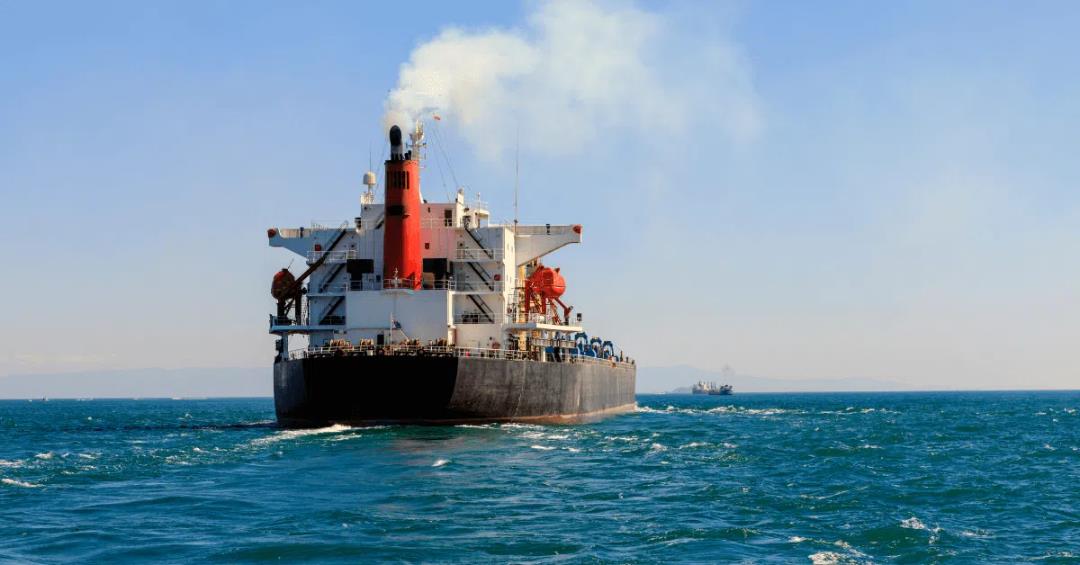在不到两年的时间里,以虚假旗帜虚假注册的船舶数量翻了一番,这引起了人们对海上安全、安保和环境保护的严重担忧。
根据英国向国际海事组织(IMO)提交的一份报告,目前有220多艘船只虚假悬挂国旗,而两年前只有100艘。
欺诈者正在利用资金不足的海事当局和地缘政治的不稳定,让不合格和受制裁的船只继续运营。
这些船只经常使用假文件声称它们在合法的船旗国注册,或者与虚假的登记处联系在一起,这些登记处无法正确核实船只及其所有者。
在虚假旗帜的船只中,油轮和货船占大多数。许多人参与了非法活动,如逃避制裁、高风险的船对船转移,以及关闭自动识别系统(AIS)以避免被发现。
地缘政治紧张局势迫使船东更换国旗,即所谓的“跳旗”(flag-hopping),以逃避制裁,这一问题进一步恶化。
较小和鲜为人知的船旗国的船舶登记量急剧增加,圣多美和普林西比报告称,一年内增加了385%,坦桑尼亚增加了130%,库克群岛增加了40%。
英国的报告显示,许多船旗国缺乏对船舶登记进行适当检查的资源。一些州将注册业务外包给***公司,这也加剧了这一问题。
例如,圭亚那最近报告称,尽管实施了封闭的登记制度,但船只仍在其国旗下进行了虚假登记。
国际海事组织还对一家印度公司Aryavart Corp表示担忧,该公司此前曾管理着圭亚那的登记处,并在2021年失去合同后被发现试图建立其他登记处。
同样,图瓦卢警告称,尽管其注册在20年前被外包给新加坡,但仍有欺诈***以其名义提供船舶注册服务。
欺诈性注册的增加对全球航运业构成了重大威胁。根据英国牵头的提交材料,欺诈性旗帜损害了海上安全、环境标准和海员的福祉。
报告指出,一些船只被发现在一年内使用两次假旗。
2015年,一项调查显示,在84艘声称在刚果民主共和国注册的船只中,有73艘的船旗是假的。2020年的一项研究警告称,在解决欺诈性注册问题上的拖延将可能危及国际航运的法律框架。
国际海事组织目前正在探索解决这一问题的方法。在其他21个国家的支持下,英国提出了指导方针,以帮助较小的和发展中船旗国改善其登记做法。
这些指导方针包括更好的尽职调查、提高所有权结构的透明度以及加强船旗国之间的信息共享。
中国还呼吁建立一个集中数据库,以跟踪欺诈性注册的船舶和虚假登记。与此同时,一些国家敦促登记处收集有关船舶受益所有人的更详细信息,以防止欺诈。
制裁和地缘政治的不稳定助长了以欺诈旗帜经营的影子船队的增长。去年12月,圭亚那发现了在其旗帜下虚假注册的油轮,特别是那些参与运输伊朗石油的油轮,这些油轮正受到美国的制裁。
敦促船旗国承担责任,确保在其旗帜下注册的船舶符合国际标准。国际海事组织正在开发新的工具和系统,以帮助船旗国打击欺诈行为并提高合规性。
▲Image for representation purposes only
英文原文
The number of ships falsely registered under fraudulent flags has increased, doubling in less than two years which has raised serious concerns about maritime safety, security, and environmental protection.
According to a report submitted by the UK to the International Maritime Organization (IMO), over 220 ships are now falsely flagged, compared to 100 vessels two years ago.
Fraudsters are exploiting underfunded maritime authorities and geopolitical instability to keep substandard and sanctioned vessels in operation.
These vessels often use fake documents to claim they are registered with legitimate flag states or are linked to fictitious registries that fail to verify ships and their owners properly.
Oil tankers and cargo ships make up the majority of falsely flagged vessels. Many have been involved in illegal activities such as sanctions evasion, high-risk ship-to-ship transfers, and switching off their Automatic Identification Systems (AIS) to avoid detection.
The issue has worsened due to geopolitical tensions, which have forced shipowners to switch flags, a practice known as flag-hopping, to evade sanctions.
Smaller and lesser-known flag states have seen a sharp rise in vessel registrations, with Sao Tome and Principe reporting a 385% increase in one year, Tanzania seeing a 130% rise, and the Cook Islands registering a 40% increase.
The UK report reveals that many flag states lack the resources to conduct proper checks on ship registrations. Some states outsource their registry operations to private companies, which has contributed to the problem.
For example, Guyana recently reported that vessels were falsely registered under its flag despite operating a closed registry system.
The IMO also raised concerns about an Indian company, Aryavart Corp, which previously managed Guyana’s registry and was found attempting to set up other registries after losing its contract in 2021.
Similarly, Tuvalu warned about fraudulent websites offering ship registration services in its name, despite its registry being outsourced to Singapore two decades ago.
The rise in fraudulent registrations poses a significant threat to the global shipping industry. According to the UK-led submission, fraudulent flags compromise maritime safety, environmental standards, and the well-being of seafarers.
The report states that some ships have been found using two false flags within a single year.
In 2015, an investigation revealed that 73 out of 84 vessels claiming to be registered with the Democratic Republic of Congo (DRC) were falsely flagged. A 2020 study warned that delays in addressing fraudulent registrations risked the legal framework of international shipping.
The IMO is now exploring ways to tackle the issue. The UK, supported by 21 other countries, has proposed guidelines to help smaller and developing flag states improve their registration practices.
These guidelines include better due diligence, increased transparency in ownership structures, and enhanced information sharing between flag states.
China has also called for a centralised database to track fraudulently registered ships and fake registries. Meanwhile, some countries have urged registries to collect more detailed information about the beneficial owners of vessels to prevent fraud.
Sanctions and geopolitical instability have contributed to the growth of a shadow fleet of vessels operating under fraudulent flags. In December, Guyana identified tankers falsely registered under its flag, particularly those involved in transporting Iranian oil, which is under U.S. sanctions.
Flag states have been urged to take responsibility for ensuring that ships registered under their flags comply with international standards. The IMO is working on new tools and systems to help flag states combat fraud and improve compliance.
免责申明:本文根据Splash 247等内容整理,如有误差,以英文为准;仅代表作者观点,不代表中国海员之家立场。其真实性及原创性未能得到中国海员之家证实,在此感谢原作者的辛苦创作,如转载涉及版权等问题,请作者与我们联系,我们将在第一时间处理,谢谢!联系邮箱:cnisu@54seaman.com


 联系我们人工客服
联系我们人工客服



















 :1391995811
:1391995811


评论 (0人参与)